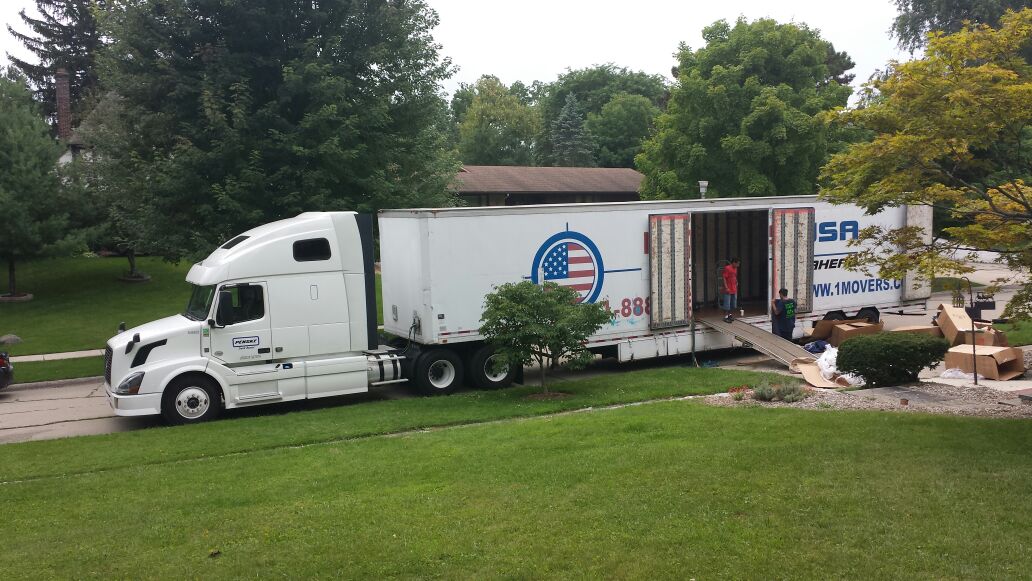When it comes to moving to a new home, some of the biggest worries one is afraid to encounter is that of losing a valuable piece of furniture, misplacing or losing a box, or simply mismanagement from the drivers and packers. However, one of the biggest scams that occur while moving is actually, hiring a fraudulent company for services. These companies actually use all your furniture and items as a “hostage,” and you end up paying a lot more than anticipated just so you can get your stuff back.
There are generally two ways that this type of scam occurs.
[spacer]
The Hostage Goods Scam
The hostage goods situation occurs when you have already been given a quoted price and your stuff has been moved. In general, moving services are paid for once your belongings reach the desired destination. However, in a hostage scam situation, once the driver reaches your new home, he/she asks for a payment that is an overly inflated version of the original price that was initially agreed upon. If the price being charged is at least twice of the quoted amount, you know that you are stuck in a swindle.
Fraudulent companies usually appear to be well established since they already appear to have tractor-trailers and storage houses or warehouses. One of the biggest giveaways of these companies is that they give a lowball estimate value for the overall cost without actually inspecting the site, i.e. your furniture and belongings that need to be moved. Apart from that, the price which they usually quote also seems too good to be true.
If you do not have the amount they are asking for, they will not give you your belongings and will drive away with them, and you will end up with an invoice that is four to five times that of the original amount you were going to pay.
[spacer]
Advance Deposit Scheme Scam
As the name implies, an advance deposit scheme scam means that you will be asked to make the payment upfront and not once your belongings reach the desired destination. In the end, these “movers” will disappear with your money and not show up for service.
[spacer]
Protecting Oneself from Moving Scams
A few moves by fraudulent companies are hard to ignore, so take off those rose colored shades and spot these red flags. Being alert about these signs might eventually save you from being scammed. Some of these red flags include:
- Rather than conducting an onsite inspection of the things to be moved, according to which a price is usually quoted, the moving company gives you an estimated amount over the phone.
- The website does not have an authentic local address.
- The website does not have information about being licensed.
- An advance in the form of cash, or a large deposit will be asked for before the moving services actually begin.
Refusal to prepare an inventory report or Bill of Lading.
A good idea is to conduct research about the moving companies in the market before hiring them. Feel free to conduct interviews and discuss all the technicalities and paperwork involved, including testimonials from previous clients, etc. Get an estimated amount or a quote from at least three companies before you make a choice. Someone offering a drastically lower price than the other two is most likely to be a scammer.
A number of websites like, http://www.bbbonline.org and http://www.fmcsa.dot.gov are helpful in checking out authentic movers and view the complaints (if any) registered against that company. The way you give a lot of thought in to relocating to a new location is the same way you should put in the effort to decide on a reliable mover to save yourself from scams!


